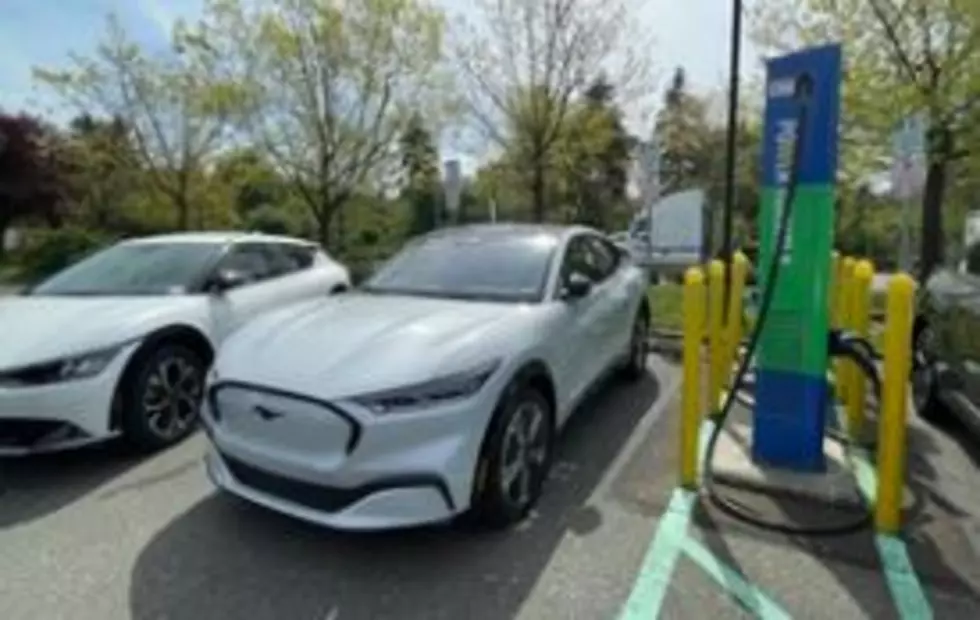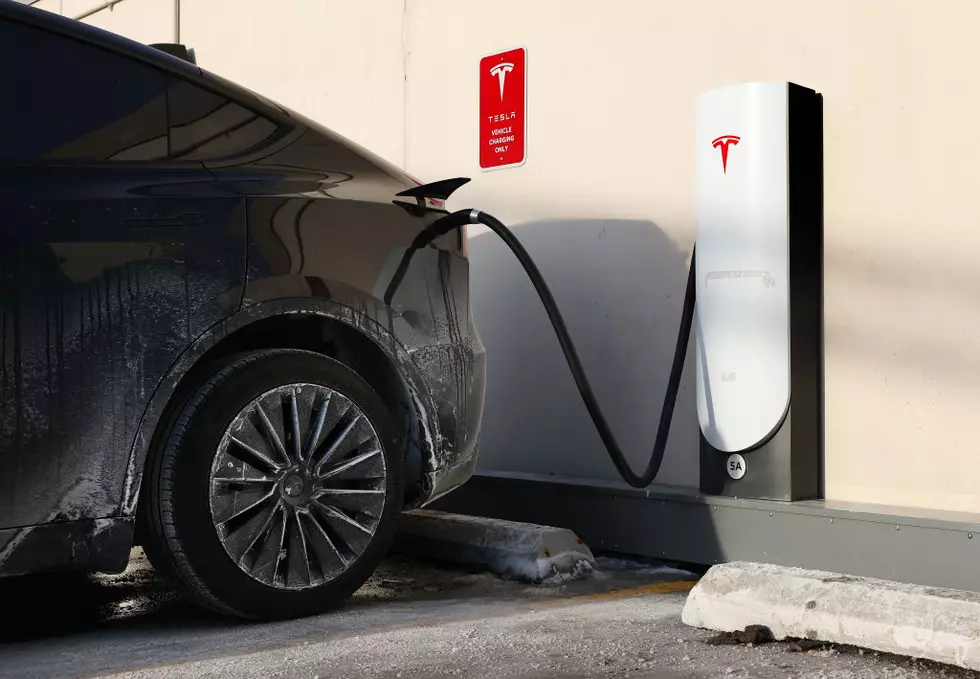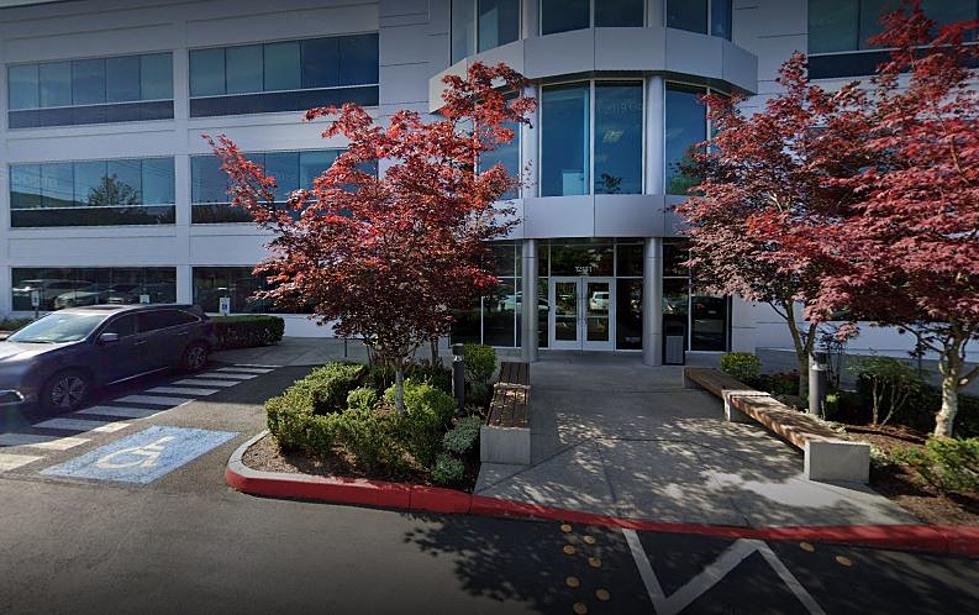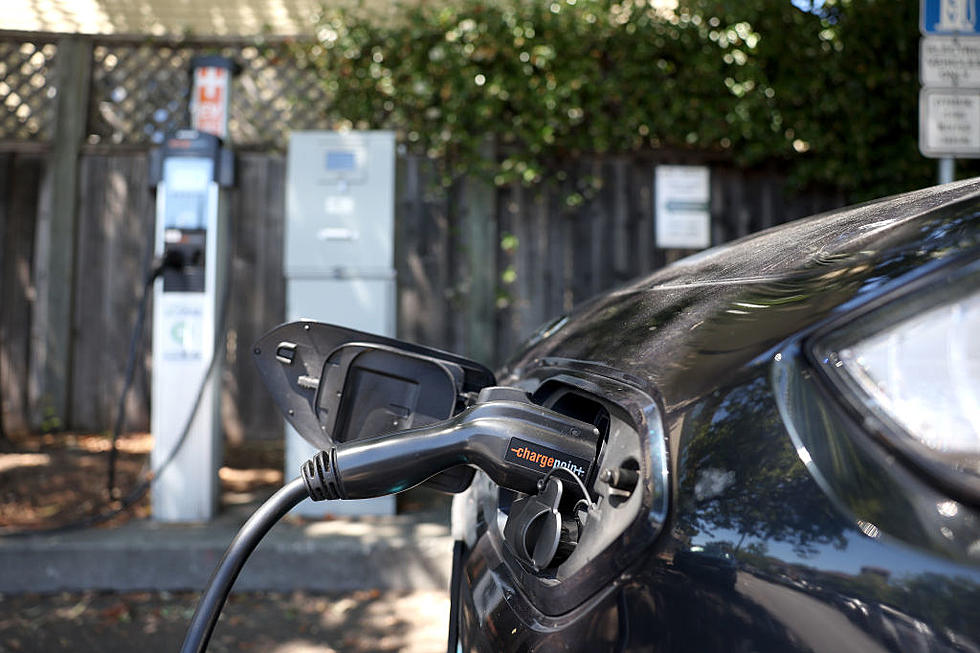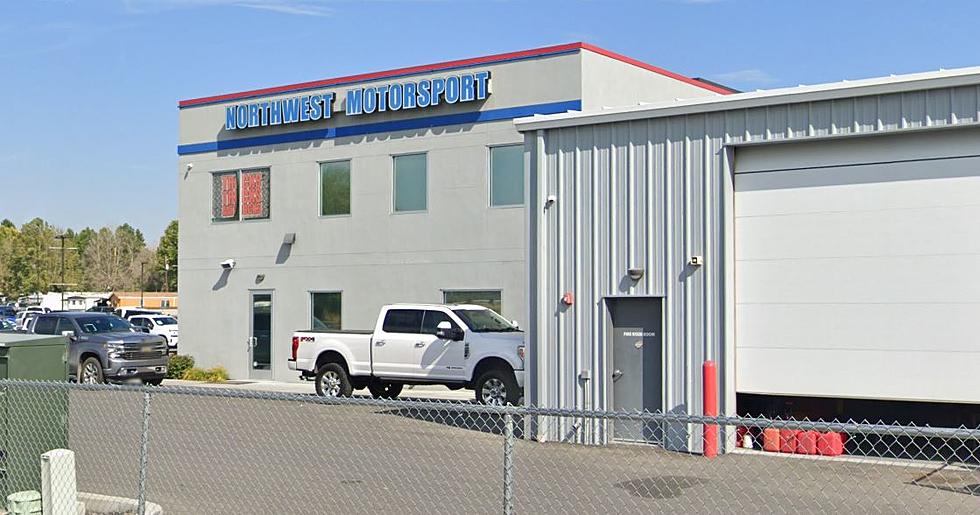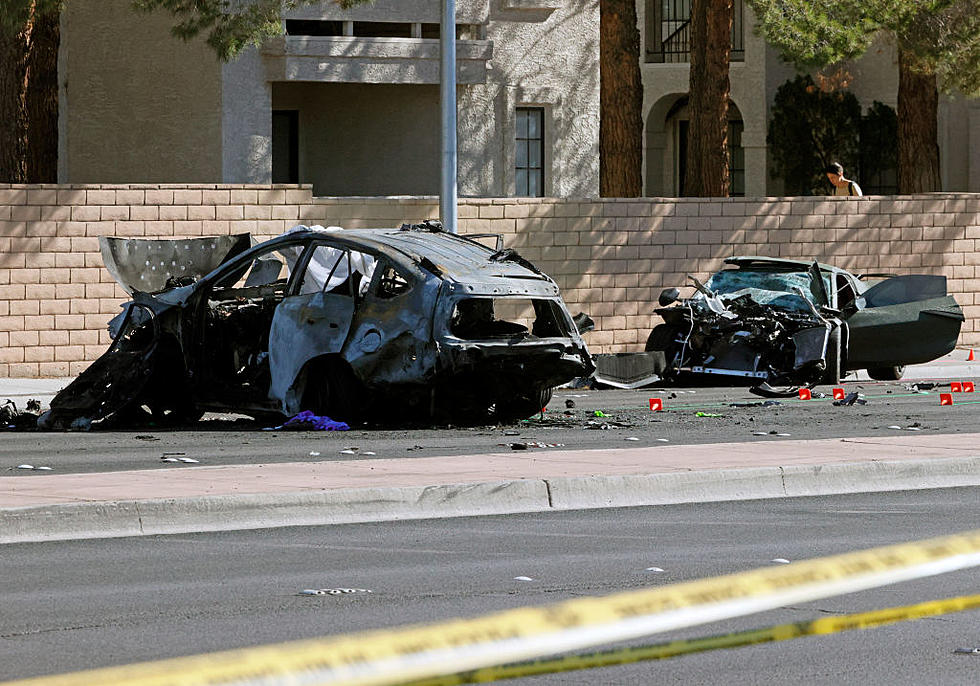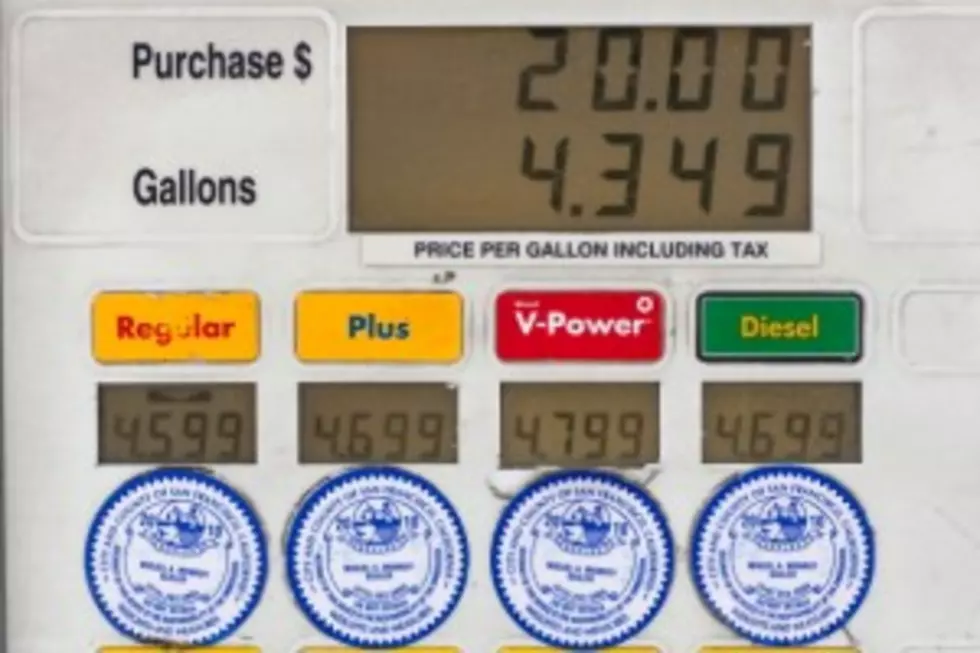
Why Gov. Inslee’s Environmental Plans Matter To YOU
To some, it may seem distant, thinking what happens in Olympia won't really affect them. But nothing could be further from the truth.
As the Washington state legislature prepares to launch the 2015 session in January, Gov. Inslee has come out this week with an ambitious $12 billion dollar plan he says will improve roads, bridges and infrastructure.
But what's getting attention is the WAY Inslee wants to pay for this plan. He wants to implement what is basically a pollution tax. Inslee, politicians and supporters dress it up as a way to cut carbon emissions, develop clean energy and protect the environment, but take off the bows and ribbons and it's still a pollution tax - a penalty.
Wednesday, Inslee released specific details about how he wants to generate some $4.8 billion dollars to pay for his transportation-environmental plan:
"Current policies allow major polluters to emit unlimited amounts of carbon into the air at no cost. Inslee’s proposed Carbon Pollution Accountability Act would create a new, market-based program that limits carbon pollution and requires major polluters to pay for their emissions."
Inslee's people told Newstalk 870 this plan would "gradually" be phased in to allow industries and business time to adjust their production methods so they don't pollute as much. But it's still a tax - a penalty.
*How does this affect you? These taxes and costs will certainly have to, at some level, have to be passed onto consumers. Businesses and industry cannot absorb long-term financial burdens without raising prices - even if the plan is phased in over a few years. This idea was shot down in Congress repeatedly because study after study showed disastrous economic effects.
Inslee also wants to enact a low-carbon fuel standard. As Newstalk 870 has reported previously, these fuels far exceed current EPA requirements for pollution levels. But they cost a lot more to make, and as of now, are not cheaply and readily available. When Inslee began making noise about this standard earlier in the year, a large group of business leaders came together to form the Washington Consumers for Sound Fuel Policy. One of the members, David D'Hondt, is the Executive Vice President of the Associated General Contractors (ACG) of Washington.
He issued a statement May 1st about how this idea could seriously damage our economy:
“The members of Washington Consumers for Sound Fuel Policy are firmly united in their belief that a LCFS (low carbon fuel standard) could increase fuel costs dramatically, and would seriously damage job creation and the state economy."
In response to huge pushback from many business and industry groups, Inslee's Office of Financial Management released a revised report December 12th. claiming this standard could be implemented with "no significant economic effects."
However, the report is based upon numerous assumptions, not hard economic facts. In order for it to work, for example, Inslee's new environmental plans would have to succeed completely. It also assumes a large number of Washington citizens and businesses would invest in what are called "advanced" vehicles, hybrids or electrics. The entire report reads as 'if this scenario occurs, then this other plan will work.' Much of his plan also assumes that numerous alternative types of fuel will be readily available and will work.
So far, other than ethanol, most of these fuels, such as cellulose, are far from mainstream production and affordability.
*How Does This Affect You?
According to a National Federation of Independent Business study published in October, this low-carbon fuel standard would raise YOUR price at the pump anywhere from $.90 to $1.16. The report also said the resulting ripple effect from these transportation costs would cost Washington state at least 11,000 jobs. Everything in the economy is "tied" together. You cannot have large economic changes in one part without having it felt in others. For example, skyrocketing fuel prices mean higher transportation costs. Trucking and transport companies have to pass that on to businesses. They then have to pass it on to consumers, or eventually wither away. Higher prices mean less consumer spending, and the vicious cycle continues.
Anyone who's taken a "bonehead" economic class in high school or college could understand this.
*What Can YOU Do? For starters, pester your legislative leaders to be careful about policies that could hurt the economy. Most business leaders aren't against protecting the environment, they just don't want it done at the complete expense of their livelihood. Voice your opinion about these issues. Some cynically think it doesn't matter, but it does - especially come election time.
Also, take a few minutes and educate yourself on what's going on in Olympia. Sign up for the newsletters from our Representatives and Senators.
If you don't think this stuff is important, you probably will if or when gas prices go through the roof, or other policies take effect that hit you where it counts - in the wallet.
More From 870 AM KFLD

